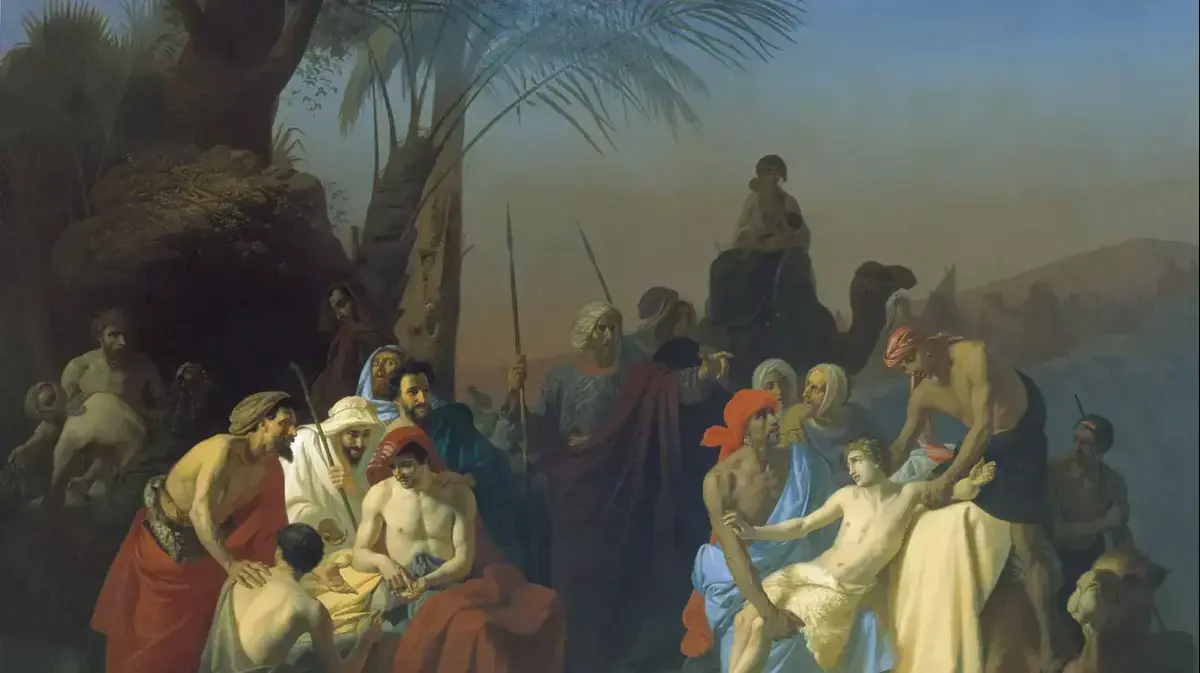The Vichesh Affair: Great leaders emerge in times of crisis
Yehuda, Leah's fourth son, is revealed in this week's affair as the great and undisputed leader of the brothers from whom the tribes of Israel came. Eran Rawls in a weekly column on leadership and leadership
Egypt, we loved you from afar (Photo: Ziv Reinstein)
Giza Cairo Egypt Pyramids (Photo: Ziv Reinstein, Ziv Reinstein)
Yehuda's speech to Yosef is one of the most impressive and significant speeches in the Bible: "And when Judah came to him, and said unto me, Sir, speak thus unto me, O Lord, and fear not thine heart, for as thou art as a pharaoh. To my father all the days and now your servant sat under the boy slave to my lord and the boy will be with his brother because how I will go up to my father and the boy is not with me ... "(Genesis 18: 4).
Yehuda, Leah's fourth son, is revealed in this week's affair as the great and undisputed leader of the brothers from whom the tribes of Israel came. In the name of Judah there are letters YHWH and his mother chose this name to express thanks and thanks: "And this time I will thank the Lord and therefore he called his name Judah ..."
More in Walla! NEWS More in Walla! NEWSAmir Ivgi: "The parties must boycott Israel our home"
To the full articleYehuda, not another of the brothers
The buds of leadership are first revealed to Judas in the story of Joseph's sale when he convinced his brother not to kill the boy but to sell it to Ishmaelim, but the biblical story does not bode well when Judah moves away from his family after Joseph's sale and chooses to disobey the marriage to Canaan daughters and marries his daughter The Canaanite Shuah has three sons.
His leadership breaks again when only Judah manages to convince his father Jacob to allow Benjamin to go down to Egypt at the ruler's demand so that they can get grain from him and survive the heavy famine. The drama that ensues in Egypt immediately raises Judah's standing among his brothers. After "the ruler's personal trophy" and "found" with Benjamin are "stolen," the brothers are called back to the Egyptian capital for ruler and approaching the palace, the biblical narrator differentiates between Judah and his brothers: "Yaba Yehuda and his brothers in Yitha Yosef."
The hour of the leaders
Great leaders emerge in times of crisis. When the rest of the people prefer to take their heads and not take responsibility, this is the great hour of leaders. They are born into these moments and only they know how to turn them into moments of glory: Yehuda builds the strategy step by step, aware that if the end is certain and possibly the end of the Jacob dynasty.
Judah does not try to justify it but takes responsibility on behalf of all the brothers and is willing to punish himself. Joseph the ruler rejects the notion of punishment and Judah realizes that he is in danger of returning to his father without Benjamin, breaking the promise to the old father.
Yehuda is building a new strategy. First, it reduces the physical distance to the ruler. He understands that sacrifice is a tool of persuasion and chooses to speak in a whisper in the ruler's ear, and thus Judas moves to a tone that has a grasp on the capitals of emotion and also a plea that only so speak to a strong man or ruler: "And God will speak to you and to your master. Because you are like a pharaoh ..... "(Med. 18:18).
Yehuda asks for mercy and turns to the ruler's emotion. He goes on with an emotional description of the previous meeting between the brothers and Joseph. This description uses the word "father" five times and "brother" or "child" four times. He goes on to tell the ruler about the special relationship between the old father and Benjamin the old to provoke his compassion and when he still does not see a move for Joseph he tries to go to the personal face when he emphasizes that he is personally on the eve of the return of the youngest son Benjamin to his father: "Mr. Arab to my father. "I have lost your soul and my soul" (Genesis 4: 1). And when there is no way for Judah to suggest that he himself be imprisoned, and the younger son, Benjamin will return with his brother to Canaan: "And now will you sit down to my son and to my son."
As stated, Judah's leadership speech includes a number of steps: the first from physical combat to whispering in the ruler's ear, the second to standing up to the truth and taking responsibility, the third to using emotional manipulation on the elderly father and the word "child" about Benjamin, and the fourth to taking personal responsibility and seeking to replace one. Benjamin himself.
Yehuda is willing to pay the price for Rachel's son. This is the big amendment to Joseph's sale to Ishmael, and when Joseph realizes that the lesson has been learned and applied, he bursts into tears and confesses to Judah, Benjamin and his brother that he is the lost brother. And of Judah, who was willing to sacrifice himself in a wonderful revelation of mutual guarantee to his brother, Maimonides says: "His heart is the heart of all the people of Israel" and such a person who takes responsibility for every nation of Israel and is ready to be a life-threatening evening - a man of this kind deserves royalty.









